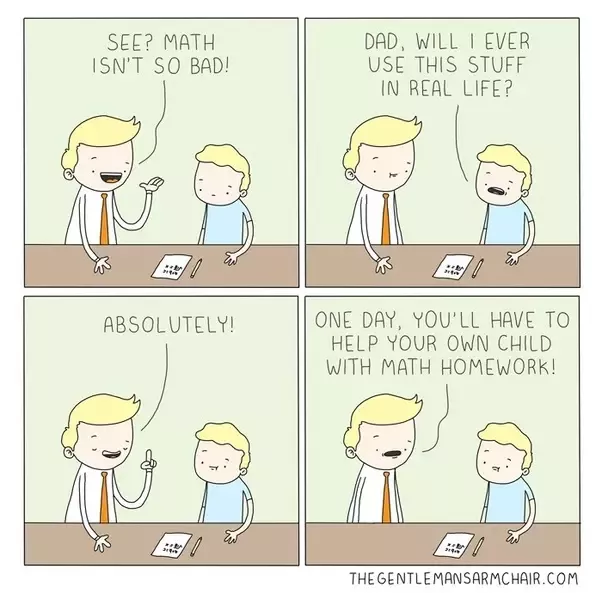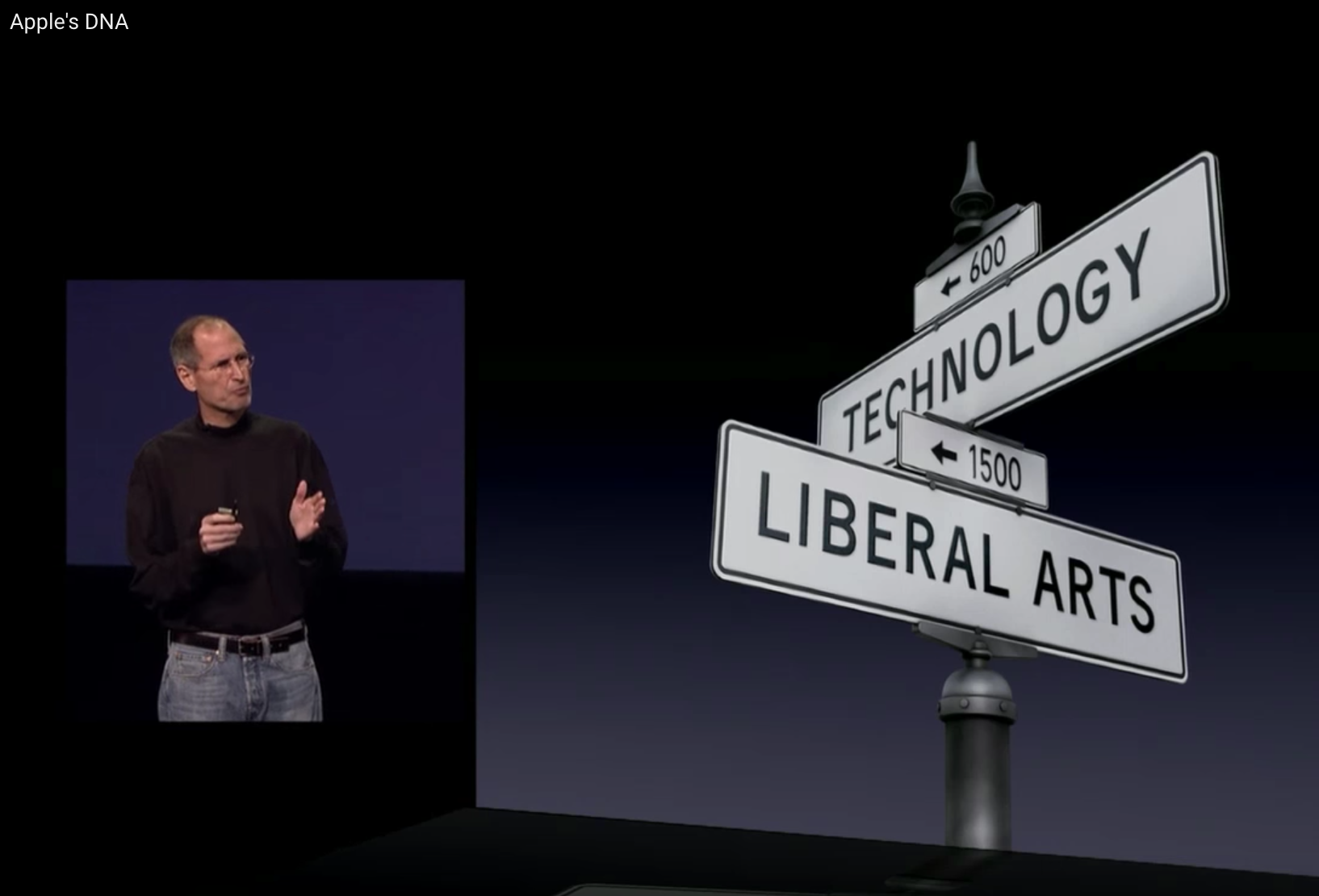Does School Kill Creativity?
We are all born with boundless creativity. But are we educating people out of their creative capacities? If schools are undermining our creativity, What should we do about it? Inspired by Sir Ken Robinson’s famous TED talk, I will share my thoughts based on what I learnt about schools, education and creativity.
Introduction
Sir Ken Robinson’s TED talk Do Schools Kill Creativity? is the most popular TED talk and has about 45 million views at the time of my writing this. Ken Robinson makes a good case on Schools kill children’s innate creative talents, But in EducationBookCast Stanislaw Pstrokonski argues against it and rips apart Ken Robinson’s ideas. In this post, I will share my views on this topic. I will first quote Ken Robison speech followed my ideas.
Why do we become less creative as we grow older?
Ken Robison said:
We know that if you’re not prepared to be wrong, you’ll never come up with anything original. Kids are not frightened to be wrong. But We stigmatize mistakes, so by the time they get to be adults, most kids have lost that capacity. We’re now running national education systems where mistakes are the worst thing you can make. And the result is that we are educating people out of their creative capacities.
The root of problem is evaluation and grading system in schools. Grading promotes fear of failure and create a preference for the easiest possible task. So kids will no longer explore, but just study for grades. Moreover, Grades tend to diminish students’ interest in whatever they’re learning. Author Alfie Kohn evangelizes strong argument against grading .
Finland has consistently high standards of achievement on all international measures, but there is no standardized testing apart from a single examination at the end of high school.– From book Creative Schools: The Grassroots Revolution
Schools should eliminate the grade at least until the high school level. We should not compare their grades with other kids and don’t force them to just study for getting good grades. Advice them that making mistakes are completely normal, but they could turn them into learning opportunity.
Did school foster Shakespeare’s creative playwright?
Ken Robinson refers to Shakespeare as an example and indirectly says his school would not have recognized his talents.
Stanislaw in EducationBookCast points out that ideas employed by Ken Robinson contradicts with what Shakespeare expert Rex Gibson Says in his book Shakespeare’s Language:
Shakespeare is an outstanding example of how schooling can foster talent. Schoolboys learned by heart over 100 figures of rhetoric. His schooling provided an excellent resource for the future playwright. Everything Shakespeare learned at school he used in some way in his plays. Having mastered the rules of language, he was able to break and transform them.
Shakespeare become an astonishing writer not only because of his creative skills but also because his mastery over the language. Ideas without domain specific knowledge won’t be very useful. To produce creative work that is valuable, you will first need to acquire skills and knowledge required to become an expert. Kids should take advantage of the deliberate practice and hard work that school system demands to gain mastery over subject of their interest. They should also acknowledge that There is no way to get around the fact that mastery requires a volume of work.
Why math and science is given more importance than Arts? What’s wrong with it?
Ken Robinson said:
Every education system on Earth has the same hierarchy of subjects. At the top are mathematics and languages, then the humanities, and at the bottom are the arts. This is because our education system came into being to meet the needs of industrialism. So the hierarchy is rooted on the two ideas.
Number one, that the most useful subjects for work are at the top. So you were probably steered benignly away from things at school when you were a kid, things you liked, on the grounds that you would never get a job doing that. Is that right? Don’t do music, you’re not going to be a musician; don’t do art, you won’t be an artist.
And the second is academic ability, which has really come to dominate our view of intelligence. If you think of it, the whole system of public education around the world is a protracted process of university entrance. And the consequence is that many highly-talented, brilliant, creative people think they’re not, because the thing they were good at at school wasn’t valued, or was actually stigmatized.
Genuine points. This is the most important concern of our education system for many of us. Let’s try to understand the significance of these subjects for creativity.

What’s the purpose of learning math and science?
We will agree that basic math and fundamental science is useful in life. But what is the purpose of learning advanced math and science if we will never use it in future?
` The point of school, beyond the basics, is to teach you how to think. It almost doesn’t matter what the subject matter is - you are learning how to think logically, how to solve problems, how to tackle things you’re unfamiliar with, how to overcome obstacles, how to think creatively, and how to learn itself. You don’t leave school with all the knowledge you need for the rest of your life; merely the ability to learn new knowledge as it arises.` – (Credits to Quora Answer ).
Solving math problems is analogous to weight lifting. You don’t do squats and benchpress to get better at squats and benchpress. You lift weights to become stronger, in general. In same way, math work is to train your mind to become stronger.
Once kids recognize that this is the goal, they would approach math and science in much more amenable way.
What are the benefits of Arts?
Instead of just learning facts and ideas, Arts provides more freedom to try something new and exercise their imaginative power. Imagination is the root of creativity.
Albert Einstein said:
Imagination is more important than knowledge, because knowledge is limited to all we now know and understand, while imagination embraces the entire world, and all there ever will be to know and understand.
Also Arts provides the space to make mistakes, learn from them and become better at the skill.
The greatest innovations come from the intersection of technology and arts.
The best ideas emerge from the intersection of technology and arts. To emphasize this, Steve Jobs during his product launches would conclude with a slide, projected on the screen behind him, of street signs showing the intersection of the Liberal Arts and Technology.

At his last such appearance, for the iPad 2 in 2011, he stood in front of that image and declared
It’s in Apple’s DNA that technology alone is not enough— that it’s technology married with liberal arts, married with the humanities, that yields us the result that makes our heart sing.
For the kids who are interested in math and science, introduce them to some form of Art to unleash their creative capabilities.
For the kids who are inclined towards arts, inspire them to see the artistic beauty of mathematical equation and to appreciate the brilliance of scientific invention.
Could degrees become worth nothing in future?
Ken Robinson said:
We are going through the process of academic inflation, where you would now need a masters or even PhD for the job that required undergraduate degree previously. Suddenly, degrees aren’t worth anything.
In future, merely having a degree itself won’t be enough to get a good job. What a student does based on his own interest outside of college will really be important. Salman Khan, the founder of Khan Academy proposes, Academic achievement in every field should include a portfolio of creative work in his One World SchoolHouse: Education Reimagined book . Here is the expert from the book:
This brings me to the idea of the ‘creative portfolio’ as a central part of a student’s transcript. if we fail to take a serious look at what students have created on their own, above and beyond the lessons and tests, we miss an opportunity to appreciate what is truly special about them. More than any data, grades, or assessment, someone’s actual creative product is the best testament of his or her ability to create from scratch, to make a solution out of an open ended problem.
Allow kids to decide what they want to do after school hours. Appreciate them to pursue the work of their interest, develop their talent and build a creative portfolio.
Summary
The message for our kids:
- Disregard the grades.
- Learn for mastery.
- Mistakes are best opportunity make you better
- Keep your curiosity alive.
- Purpose of school is to prepare for life after it.
- Imagination gives life to facts and knowledge.
- Balance your skills between technology and arts.
- Pursue your passion and develop personal creative portfolio.
